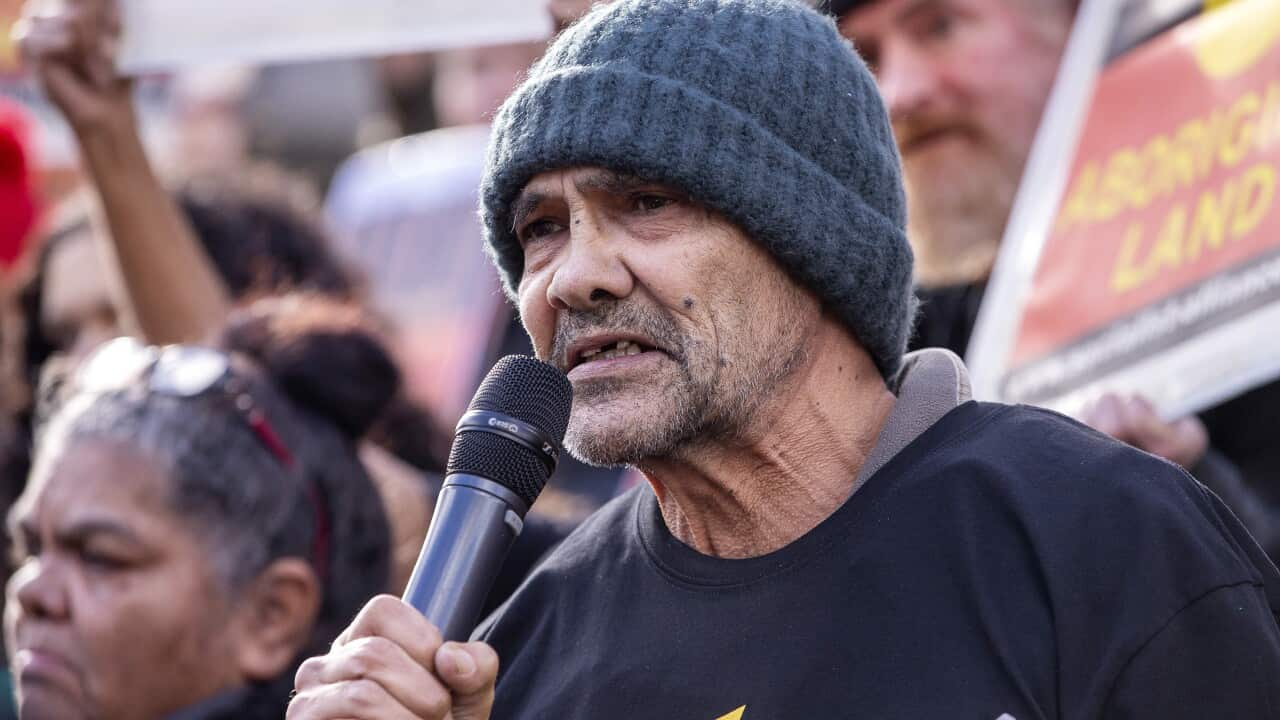Haley Terei, 32, was released from custody in May when facing burglary, theft and other charges, after telling the Victorian Supreme Court she was an Aboriginal woman from the Yorta Yorta nation.
She claimed she inherited her Aboriginality from her maternal line but her mother passed away when she was three years old so she could not connect to her culture.
Justice Rita Incerti granted Terei's application on May 30, noting her Aboriginality was one factor that made her more vulnerable and at a higher risk of harm in custody.
The judge further extended Terei's bail in June but revoked it on Friday following an application from prosecutors.
The 32-year-old woman had failed to engage with Corrections Victoria or reside at her mandated address while on bail, Justice Incerti said in her written judgment.
She also lied to the court about her Aboriginal background and was likely to be charged with perverting the course of justice, the judge said.
The police informant had listened back to recorded phone calls, which revealed Terei's mother was not Aboriginal and she was alive in New Zealand.
Justice Incerti said it was clear Terei was not Aboriginal and she had sought to gain some benefit on the basis of identifying as such.
But the justice made clear it was not easier for Aboriginal people to receive bail in Victoria.
"The (Bail Act) amendments have not created a more lenient test for Aboriginal persons," Justice Incerti said in her written judgment.
"The amendments are a recognition of specific factors that uniquely affect Aboriginal persons and that must be taken into account."
Decision-makers should also consider the historic over-representation of Indigenous people in custody when deciding on bail applications, the justice said.
An arrest warrant was issued for Terei on July 16 after she failed to appear in court.












